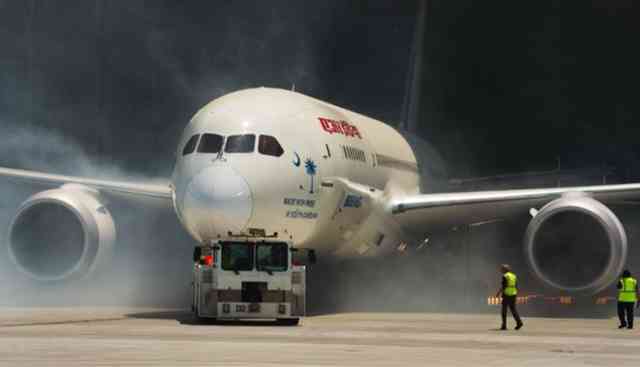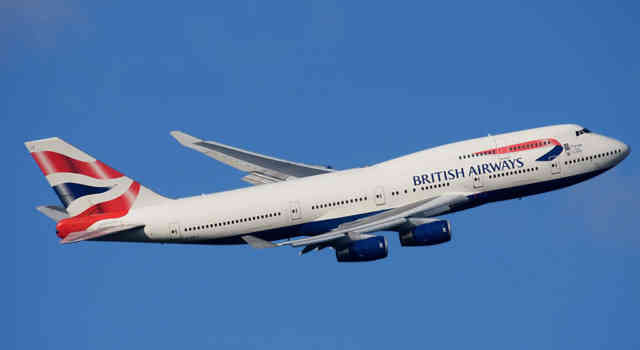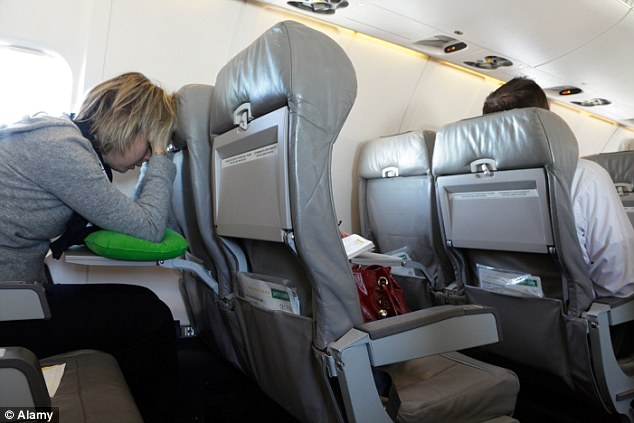A major chunk of the flight ticket comprises the fuel charges. Fluctuation in the cost of aviation turbine fuel (ATF) is directly reflected in the cost of making reservation with different carriers. If expenses for procuring oil goes up, the prices of air tickets rises and vice-versa. As per the Center for Asia Pacific Aviation (CAPA) reports, around 11 per cent reduction in the ATF has been witnessed in the past few months, and it will go down even further. This has lead to decrease in the price of ticket booking on busy routes like Chennai to Bangalore, Delhi to Jaipur and Delhi Mumbai flights also. The fuel bill of domestic airline in India is estimated to come down by over INR 1200 crores in the second half of 2014.
Estimates
After a thorough analysis of the current market situation and a series of lengthy calculations, it is expected that fuel may fall at a rate of around 15 per cent in the first quarter of 2015 (January to March). As per experts, ATF alone accounts for 50 per cent of the total operating cost and Indian carriers bought ATF of over INR 18000 crores in the previous financial year. By these calculations, a direct reduction of six to seven per cent in the cost of operation can be managed, leading to rational decrease in taxes and other expenses. Currently, low-cost carriers are running on thin profits and this change in the fuel can increase their revenue.
Impact on the Carriers
The profit margin of IndiGo – the leading carrier of the country – operated with an average margin of around 2.8 per cent in 2013-14, which was over 8 per cent in the financial year 2012-13. The profit margin decreased because of the increased price-based competition in the market and operating expenses, primarily due to changes in the oil prices. As per analysts, the total consumption of the ATF by IndiGo amounted to INR 5500 crores in the previous year. If the pattern remains similar, the company can save over INR 350 crores in its revenue without introducing any change in the pricing or management strategies.
On the other hand, these price cuts will help airlines like Air India, Jet Airways and SpiceJet to narrow down their losses substantially. For example, the fuel expense of SpiceJet stood at around INR 3252 crores in 2013-14, and if it operates on the same scale, over 200 crores can be saved in the time period between October and March. These are the estimates, if benefits are not shared with consumers. However, there are already demands in the market to offer cheap flight tickets as a result of the continuous fall in the ATF.
Benefits to Fliers
The president of the Air Passengers Association of India said that prices have been falling for past few months, and the benefit should now be passed on to fliers also. However, experts are of the view that these changes can turnaround the aviation market scenario, which is demand of the situation. As per CAPA reports, the Indian aviation industry needs to recover from the loss. This will help in winning the confidence of investors leading to infusion of more money for successful operations and expansions. In addition to this, domestic carriers already reduced fares by around 20 per cent due to cut-throat competition. The fare reduction is possible after carriers reach to a breakeven point.










